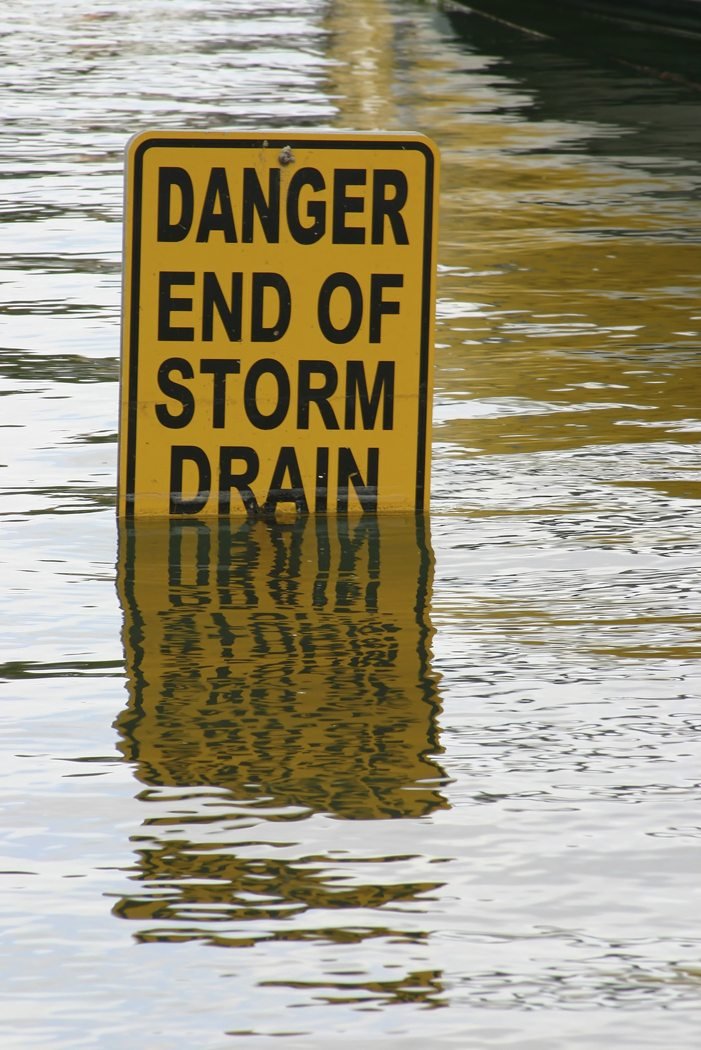
With the visual we’ve seen the last few days of the havoc wreaked upon the Northeast US by Hurricane Sandy, have you ever wondered what happens when you’re scheduled to close on a home and a natural disaster hits? First, to state the obvious, if you’re in an area in the middle of a disaster, you don’t close. No one is available or open to close your loan. Second, wouldn’t you want to do a reinspect of your property to make sure it’s still in livable shape? Third, you pay for insurance up front when closing a loan. An insurance company is not going to insure a property if it’s not in livable condition. Your closing is delayed or may not even happen if the property is too damaged to be livable. If the property is still inhabitable, but you don’t close, then you’ll need to check on the length of your rate lock and also need to have the property reinspected so it can be certified that it did not suffer any damage and can be lived in. Most lenders will require before closing some sort of certification, with pictures, that the home is still in livable shape. 
There are all types of natural disasters that affect closings. You can have floods, tornadoes, blizzards, ice storms, wild fires and earthquakes just to name a few. What happens if for instance, you live in a county where there is a wildfire and it’s on the opposite side of your county from where the home you’re financing is located, but yet your entire county is declared a natural disaster area? Unfortunately, you must also go through the same verification processes someone affected by the disaster must go through. An inspector or appraiser must return to the property to be able to certify that your property did not suffer any damage. The timing of your closing may or may not be affected depending on the time frame of the reinspection.
Disasters are no fun for anyone involved. Depending on the extent of the damage the effect on housing can have a large lasting effect. The extent to which a disaster has an economic impact depends on where the disaster is and how large it is. Large hurricanes such as Katrina have long lasting effects on the housing economy in their area. Smaller disasters that affect just a few square miles do not have much of an impact at all. I suspect that Sandy will have a large economic impact simply because New York City is a global economic hub.